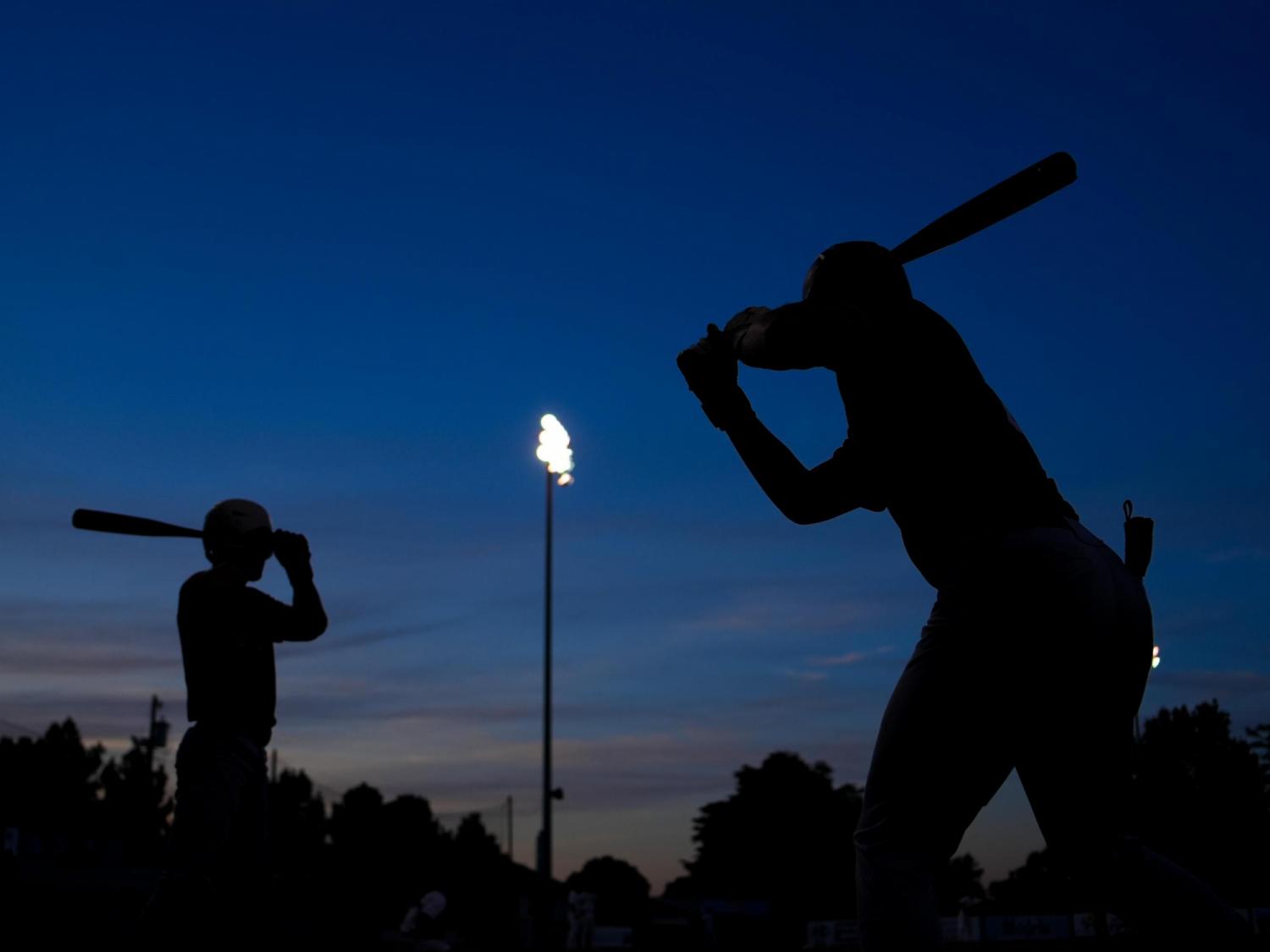State Board of Education bans athletes at public NC high schools from profiting off NIL
Student-athletes at public high schools in North Carolina will not be able to profit from their name, image, and likeness after the State Board of Education adopted a new amateurism policy, which includes a ban on NIL activities.
The policy was adopted on June 6 during a vote that included a number of unrelated action items.
Athletes at public schools will not be allowed to profit off their name, image, and likeness through any of the following ways:
- Public appearances or commercials
- Autograph signings
- Athletic camps and clinics
- Sale of non-fungible tokens (NFTs)
- Product or service endorsements
- Promotional activities, including in-person events and social media advertisements
The decision by the state board leaves North Carolina in a minority of states that ban high school athletes from profiting off their name, image, and likeness. At least 31 other state associations allow some NIL activity by high school athletes, according to Business of College Sports.
Public school athletes in North Carolina will now lack opportunities that some North Carolina private school athletes can take advantage of. Earlier this year, the N.C. Independent Schools Athletic Association, which governs athletics at nearly 100 private schools in the state, approved a policy allowing student-athletes at its high schools to profit off their name, image, and likeness.
The N.C. High School Athletic Association, the governing body of high school sports at public schools in North Carolina, approved a policy in 2023 that would have opened the door for NIL activities for athletes at its member schools, but within hours of approving the policy, members of the the state legislature spoke out against the policy.
Eventually, Senate Bill 636 was passed in the state legislature, which stripped the NCHSAA of much of its authority, including its ability to set NIL policies. Those policies are now governed by the state board.
This is a developing story and it will be updated.
Source: highschoolot.com
